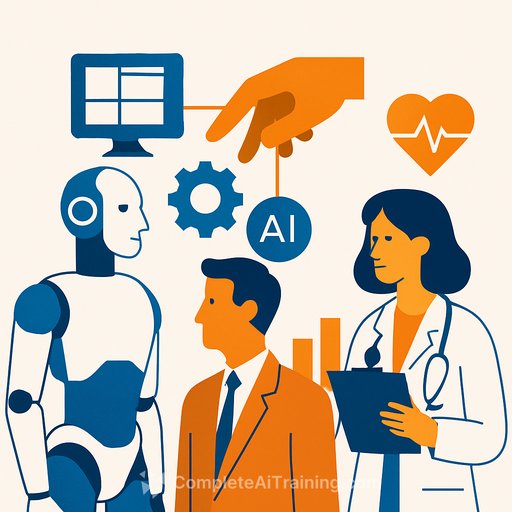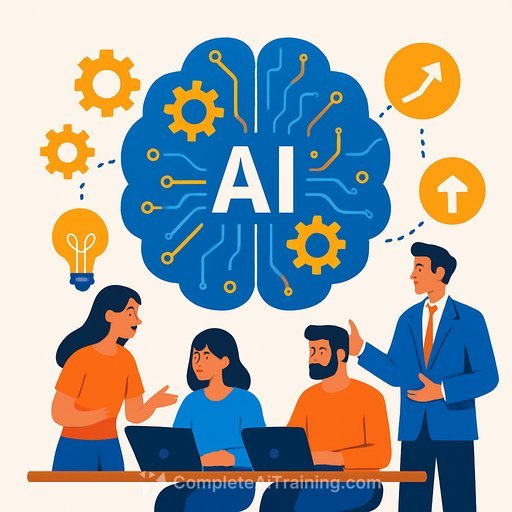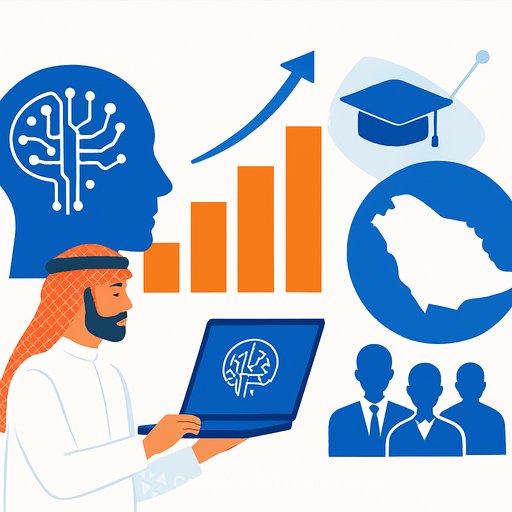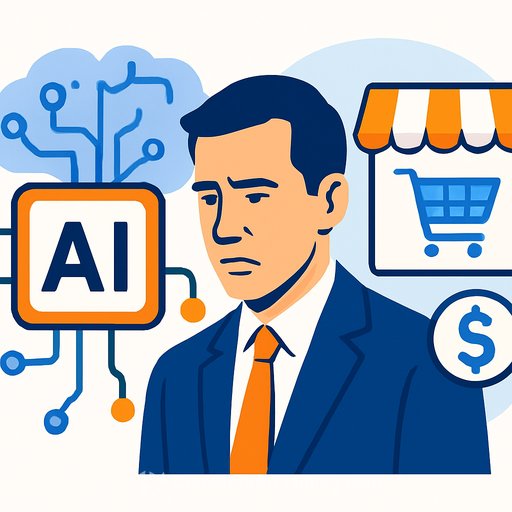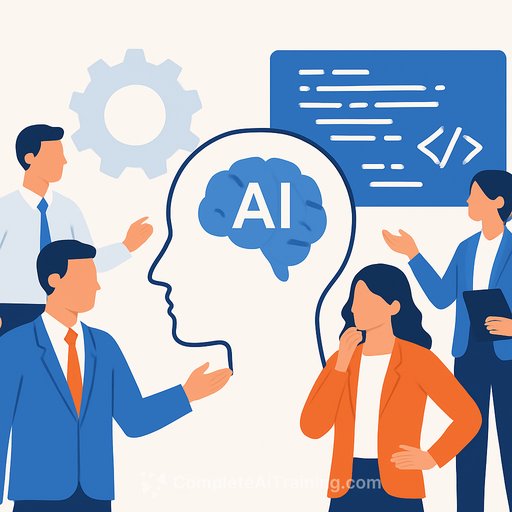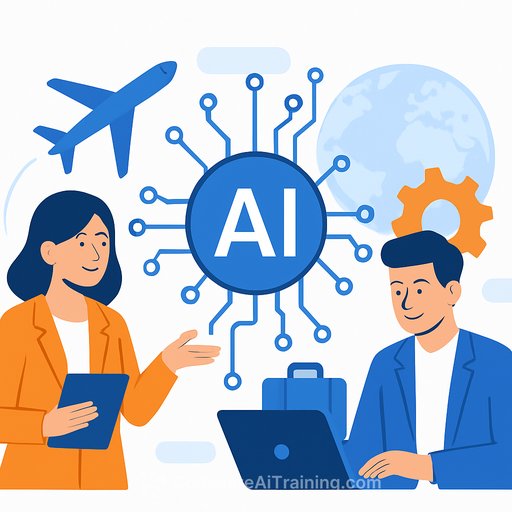Human Oversight is Essential in Agentic AI Deployment
Jack Madrid, president and CEO of the IT and Business Process Association of the Philippines (Ibpap), stressed that human oversight remains critical when applying agentic AI. Even as AI systems handle routine tasks, humans provide essential judgment for queries and information requiring immediate or nuanced attention.
The consensus among panelists at an IBM-led editorial forum was clear: AI agents support operations, but human involvement cannot be replaced. This is especially true in customer support and strategic decision-making contexts where AI assists but does not fully substitute human insight.
AI as a Partner, Not a Replacement
Catherine Lian, general manager and technology leader at IBM Asean, highlighted how AI assistants are evolving into partners that enhance human creativity and improve enterprise workflows. AI is no longer just a tool; it augments capabilities and helps teams operate more efficiently.
Anup Kumar, IBM’s distinguished engineer and head of client engineering for Asia-Pacific, referenced the IBM CEO Study showing that 61% of CEOs globally are integrating AI agents with plans to scale extensively. In Southeast Asia, 57% of leaders are preparing for enterprise-wide AI deployment, reflecting a strong regional commitment to AI-driven transformation.
Start Small, Prove Value, Then Scale
IBM recommends a measured approach for companies beginning AI adoption: start with manageable projects that deliver quick wins, then expand methodically. This minimizes risk and helps organizations build confidence in agentic AI’s potential while maintaining human oversight.
With Southeast Asia becoming a key hub for AI innovation, 71% of ASEAN leaders prioritize AI projects by return on investment, and 67% acknowledge AI’s fundamental impact on core business operations.
Guardrails and Governance for Autonomous AI
Henke Yunkins, director of regulation and ethics at the Indonesia Artificial Intelligence Society (IAIS), emphasized the need for clear governance frameworks to manage agentic AI. Because these systems operate autonomously and often via cloud infrastructure, operational guardrails are essential to keep AI aligned with organizational goals.
Preventing AI Drift with Ongoing Human Involvement
Dr. Clifton Phua, director of labs at Singapore’s Infocomm Media Development Authority (IMDA), pointed out the necessity of frequent benchmarking and retraining of large language models. This prevents “agent drift,” where AI decisions gradually deviate from intended outcomes.
Human approval remains key to ensuring AI agents make decisions that align with human values and operational boundaries, especially in sensitive environments.
Agentic AI in the Philippine BPM and Outsourcing Industry
In customer support, AI agents efficiently handle routine tasks such as tier-one inquiries and FAQs across sectors like banking, healthcare, retail, and telecommunications. This leads to faster response times and higher productivity.
However, Madrid warns that human attention is necessary when issues become complex or require nuanced judgment. This ensures a smooth escalation from AI to human agents and improves first-contact resolution rates.
Challenges and the Need for Integration
More than half of ASEAN leaders report challenges with disconnected technology components within their organizations. This fragmentation calls for cohesive integration strategies supported by human coordination to fully leverage AI’s benefits.
Healthcare stands out as an area where AI-human collaboration is vital. AI agents are being developed to summarize doctor-patient interactions, speeding up documentation while complying with health regulations. Still, human review is critical to maintain accuracy, compliance, and empathy.
Bridging Skills Gaps for Effective AI Adoption
IBM is addressing workforce demands by offering AI incubation programs and specialized boot camps focused on agentic AI. Additionally, the IBM SkillsBuild platform provides free, comprehensive training on AI topics, supporting ongoing reskilling efforts.
These initiatives, developed in partnership with governments and the private sector, reinforce that human expertise must evolve alongside AI technologies to ensure responsible and effective implementation.
- For those interested in practical AI training and courses, platforms like Complete AI Training offer resources tailored to various skill levels.
- Understanding AI governance and ethics can also be deepened through specialized content on sites such as automation and AI regulation courses.
Your membership also unlocks:

